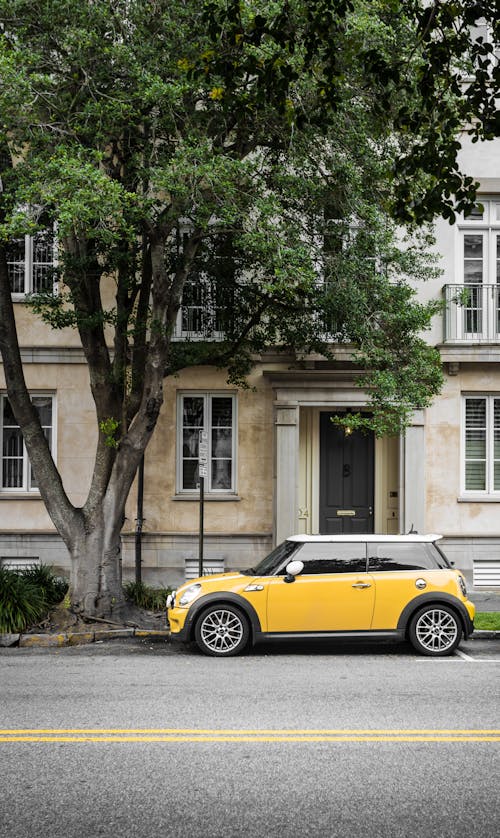
What is Gap Insurance?
Gap insurance (also known as loan/lease payoff) is an optional auto insurance coverage that applies if your car is stolen or deemed a total loss. When your loan amount is more than your vehicle is worth, gap insurance coverage pays the difference. For example, if you owe $25,000 on your loan and your car is only worth $20,000, your policy’s loan/lease payoff coverage covers the $5,000 gap, minus your deductible.
How does Gap Insurance work?
Gap insurance protects you from depreciation. Once you buy your car, its value starts to decrease—sometimes significantly. If you finance or lease a vehicle, this depreciation leaves a gap between what you owe and the car’s value. Let’s look at an example with gap insurance and without:
EXAMPLE:
You finance $30,000 for a new car. You’ve had it for a few years and have been making all your payments. It’s now worth $20,000 but you owe $25,000 on your loan, representing a $5,000 gap. If the vehicle is totaled, your insurer would pay you $25,000 (minus your deductible). Without gap insurance, you’d only receive $20,000 (minus your deductible).
Keep in mind, to qualify for gap insurance, you must have comprehensive and collision coverage on your policy.
What does Gap Insurance cover?
Gap insurance applies any time your vehicle is stolen or totaled in an accident. When you file a qualifying claim, your comprehensive or collision coverage will pay the actual cash value (ACV) of your vehicle, minus your deductible. Your gap coverage may then pay the difference between your vehicle’s ACV and the outstanding balance of your loan or lease. If your gap coverage includes a limit, it may only cover a portion of your outstanding balance if you owe a lot more on the vehicle than it’s worth. Note that gap coverage may not cover additional charges related to your loan, such as finance or excess mileage charges.
Keep in mind that gap insurance doesn’t cover other property or injuries as the result of an accident, nor does it cover engine failure or other repairs.
Do I need Gap Insurance?
Gap insurance isn’t required by any insurer or state, but some leasing companies may require you to purchase it. Also, when purchasing a new car, some dealerships may automatically add gap insurance to your loan; however, you can decline this coverage.
Find out more about Gap Insurance here